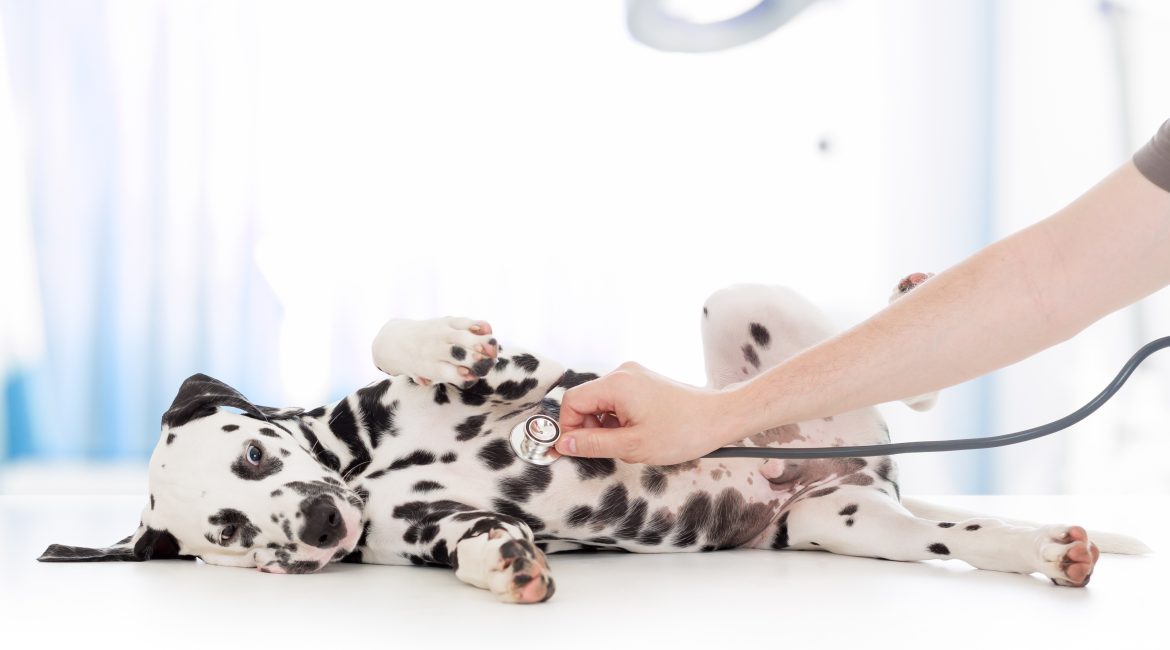Can you afford this surgery for your pet? We break down the vet bill for foreign body removal surgery (these might surprise you!) and what this procedure involves plus how pet insurance can help save you from surprise costs like these.
As many pet parents know, pets are certainly not picky eaters. It’s pretty common for our furry members of the family to swallow objects like toys, rocks, pieces of string and even clothing (maybe that’s where all the missing socks go?). Smaller objects will typically pass through your pet’s digestive tract without causing any issues or a need for medical intervention.
The issue arises when objects do not pass through your pet’s digestive tract, causing obstructions that might damage the digestive tract and be fatal for your pet. Hence the severity of issues such as these. Which is where foreign body surgery comes in.
Read this: Everything You Need to Know If Your Dog Ate Something Bad
What is foreign body removal surgery?
Foreign body removal surgery is an emergency procedure where your vet will retrieve the objects before it causes irreparable damage to your pet. The obstructions can be caused by ANYTHING that your pet cannot digest. The obstruction can occur at any point in the digestive tract (i.e. at the oesophagus, intestines or the stomach).
In some cases, the foreign body when found in the stomach, can be easily located and removed via a minimally invasive procedure known as endoscopic foreign body removal. However, most obstructions require surgery to remove.
How to know when your pet is suffering from foreign body obstruction
The symptoms exhibited by your pet will depend on the location and size of the object, as well as the type of object swallowed. Some early signs include:
- Vomiting (frequent episodes)
- Loss of appetite
- Abdominal tenderness/pain
- Lethargy and an unwillingness or inability to play, walk or eat
Keep in mind that a gastrointestinal obstruction is a medical emergency. If it is left untreated, your pet can suffer from sepsis (a severe infection of the whole body) and/or rupture the digestive tract.
How is a foreign body removal performed?
If you suspect that your pet has swallowed something he should not have, you need to immediately call your vet. Your vet will then perform a physical examination, if he or she suspects your pet has a foreign body in their digestive tract, your vet will perform an X-ray or an ultrasound to locate the object.
Your vet will then remove the foreign body during surgery, performed under general anaesthesia. Due to the risks associated with anaesthetic, your vet will take your pet’s blood work to check a complete blood count as well as kidney and liver function.
This helps your vet to determine if your pet needs any additional monitoring. To access the foreign body, your vet will make an incision into the abdomen. After this, your vet will determine the exact location of the object and the damage it may have caused, finally removing the object. The invasiveness and duration of the surgery will depend on the severity and location of the object.
What are the costs of surgical foreign body removal?
Please note that the costs of the foreign body removal will depend on the fees charged by your vet in particular as well as the specificity of the surgery itself. Some surgical cases are more complicated than others and might require additional tests to locate the foreign body or a more intensive procedure to remove it.
Our team did our research and according to local vets, the cost of a basic foreign body removal surgery can start at R12 000 and go as high as R20 000 or more. These costs will typically include the surgery costs, blood tests, anaesthesia costs and any other scanning tests or procedures involved.
Discover: How Much Will Pet Insurance Really Save Me?
How pet insurance helps protect you from surprise costs
By now, you are probably in shock after reading the costs of foreign body removal, which is where pet insurance comes in. Pet health cover is an affordable and easy way to not only protect you from surprise costs but also give your pet the expert care he or she deserves in not only emergency situations but for routine care and vet visits too.
With Oneplan Pet Insurance (yup, that’s us), we cover the costs of emergency pet care, and depending on your chosen plan, we also cover a range of amazing routine and day-to-day cover benefits such as dental cover and other forms of wellness and preventive care.
As mentioned, foreign body removal is one of our most common claims, which means that we help a number of pet parents cover these expensive vet bills according to the limits outlined in your chosen pet insurance plan.
Here’s how to claim for pet hospital cover
To claim, you must submit a fully completed claim form and attach a copy of the detailed account, medical evidence and/or any other information as we may reasonably request. Submit the information to petclaims@oneplan.co.za for assessment and processing. We may request a full twenty-four-month medical history for your pet to process your claim.
For more details, read this: Claiming for a Pet Emergency with Oneplan Pet Insurance (3 Easy Steps)
Each hospital event forms part of your annual limit (the max amount we pay per year) and may not be used in conjunction with any other cover in this policy. Oh, and did we mention we don’t limit you to a specific network of vets? Meaning you can go to ANY vet of your choice.
Your Pet Insurance Family,
Oneplan




